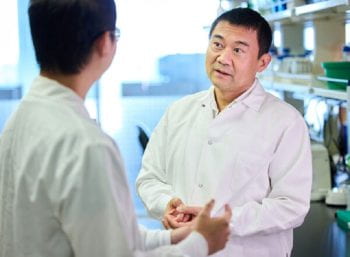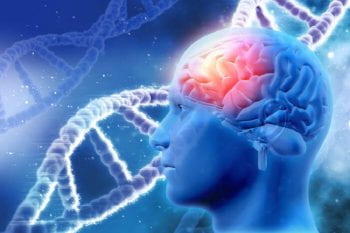Seven Washington University in St. Louis faculty members have been named fellows of the American Institute for Medical and Biological Engineering (AIMBE), joining 23 existing fellows at Washington University. The new fellows are among 162 colleagues inducted March 25 in Arlington, Va. Election to AIMBE’s College of Fellows is limited to the top 2% of […]
Seven faculty inducted as AIMBE fellows









